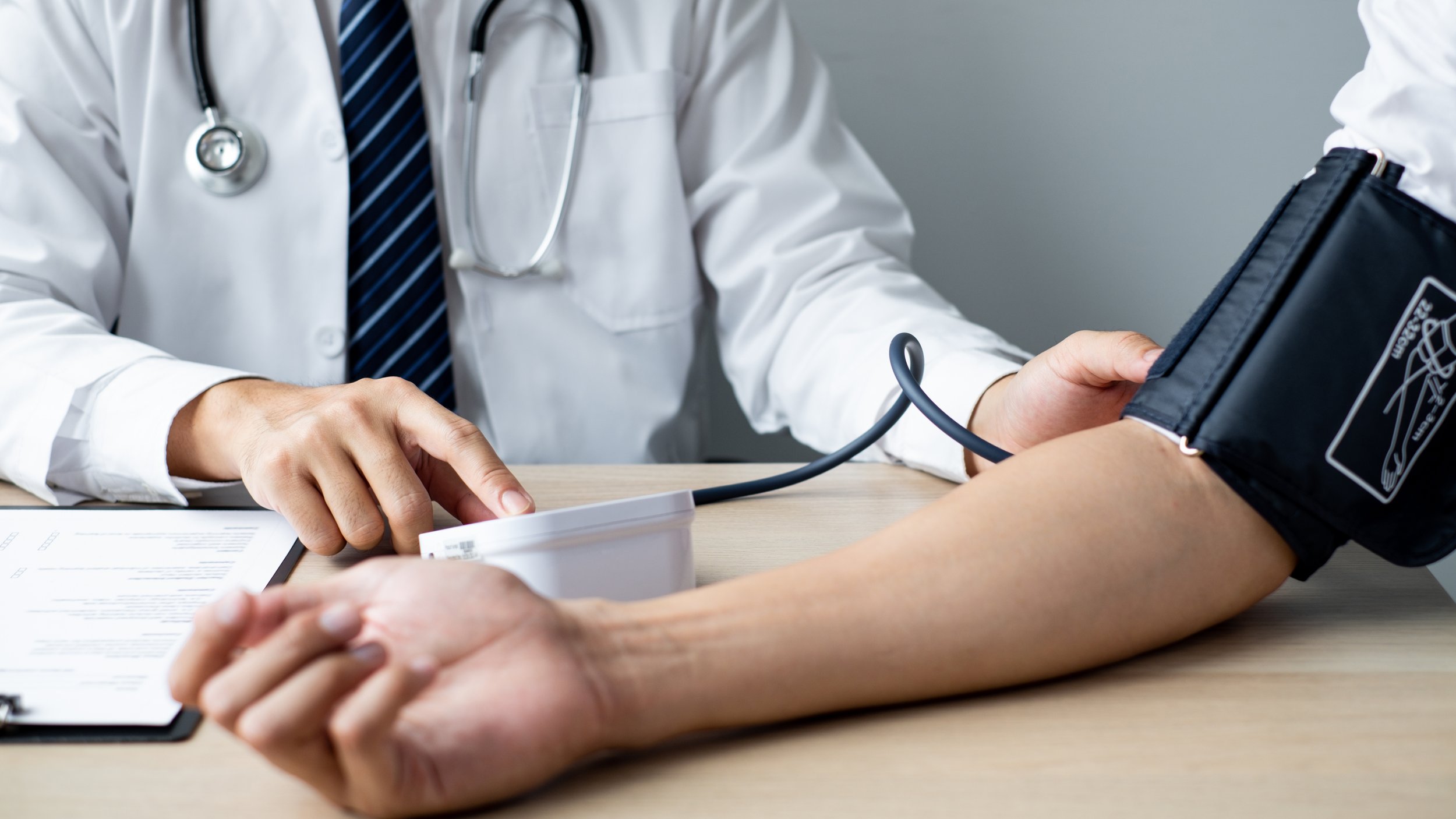Services and fees
Private GP appointments
Dr Snell has regular private GP clinics at The Harbour Hospital in Poole and has fast access to specialised diagnostics like blood tests, x-rays, and scans. If needed, Dr Snell can make an immediate referral to consultant specialists at the hospital.
30 minute consultation fee: £135
60 minute consultation fee: £270
The fee includes private prescription writing, private referrals, sick notes, and a copy of your consultation notes.
Please note that the hospital will charge separately for blood tests, x-rays, and scans.
Private GP home visits
Dr Snell’s home visits provide you with private GP care in the comfort of your own home and are also a convenient option for residents of care homes. Private prescription writing, private referrals, sick notes, and a copy of your consultation notes are all included in the fee. Blood tests, x-rays and scans can be arranged through our links with local private hospitals.
A 30-minute consultation in your own home costs: £235
A 60-minute consultation in your own home costs: £370
Home visits are available in most areas of Bournemouth, Christchurch, and Poole by prior arrangement only. Home visits further than 25 minutes away from our base in Southbourne may be available and will incur an additional travel surcharge. Please contact us for a price based on your postcode.
Telephone & video consultations
Telephone or video consultations with Dr Snell can be a quick and convenient way for returning patients to access care from home.
10 minutes: £45
20 minutes: £90
We are not an urgent care service
Whilst Dr Snell can see patients at short notice if there is appointment availability, please be aware that these appointments should not be used in a suspected medical emergency or situations that may require urgent medical attention. If you think that your situation, or someone else’s, is or might become an emergency, you should call 111 or 999.
Examples are:
Severe chest pain, difficulty breathing, active or severe bleeding, loss of consciousness, slurred speech, facial drooping, inability to move arm or leg, acute confused state, fits / seizures, major trauma, a rash that doesn’t disappear under a glass tumbler pressed against it, possible stroke, or heart attack, swallowing a foreign object such as a battery, sudden loss of vision or hearing.



